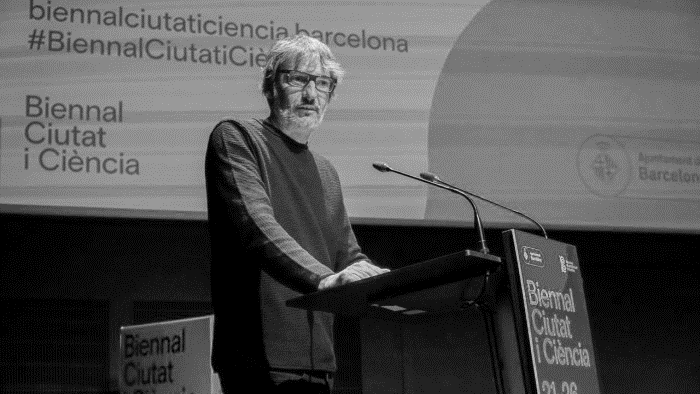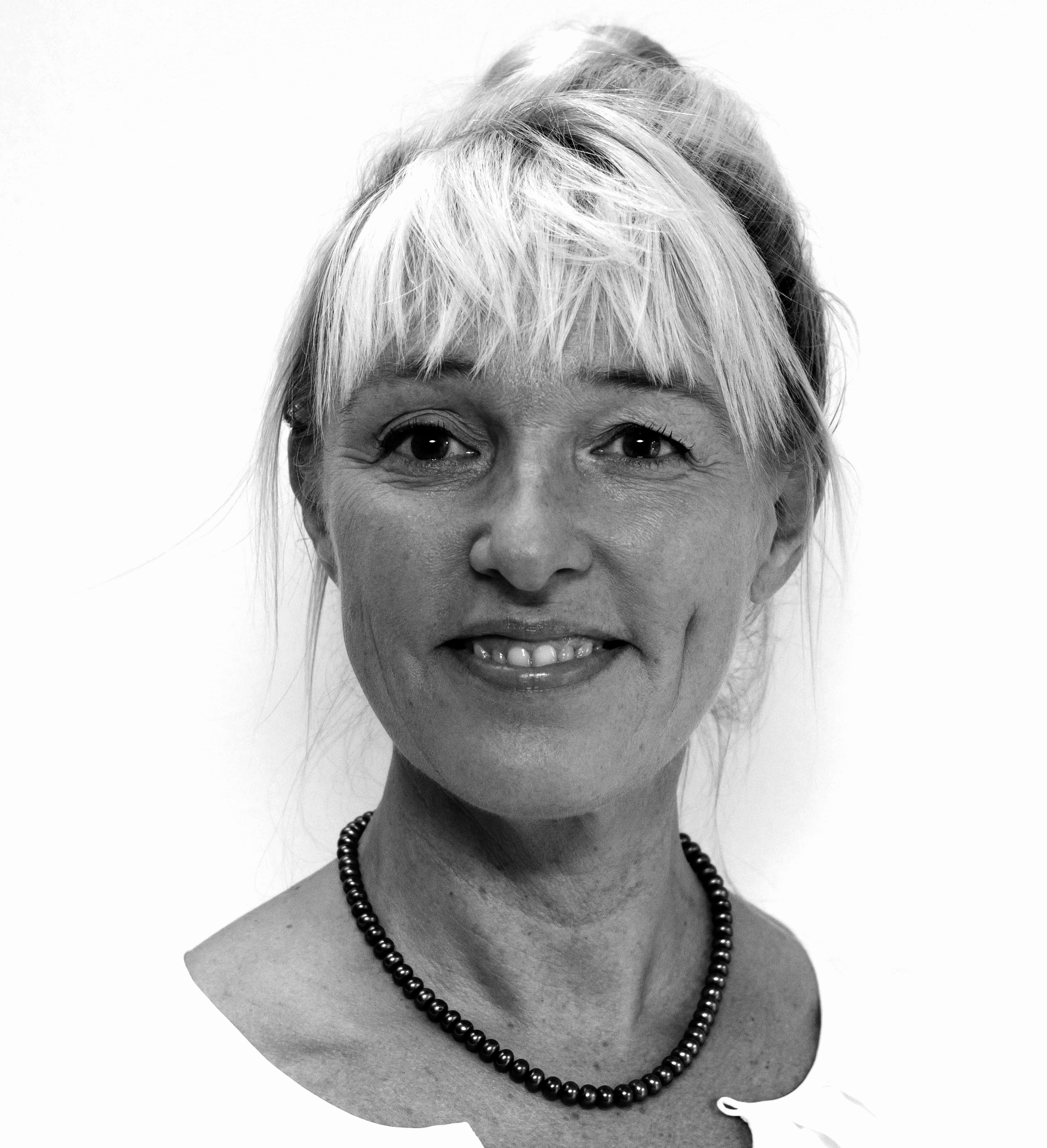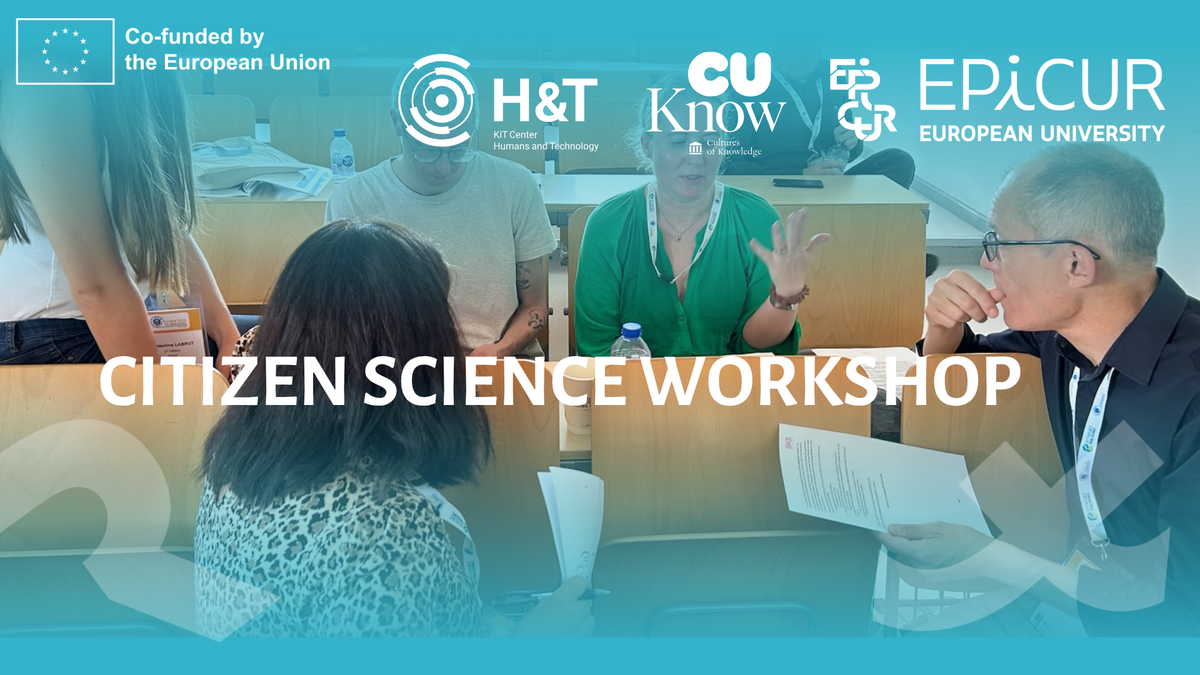Lifelong learners can participate in a variety of formats as part of this programme of events, including workshops, specialist lectures and discussion events, as well as networking opportunities.
Topics include reflection on science and technology, education, citizen science and innovation-related issues within and outside the university context. The events are aimed at people who are interested in these topics either professionally or privately.
New dates will be published here.
EPICUR Citizen Science Offerings during the KIT Science Week
17.10.2025 9:00 -12:30: EPICUR Citizen Science Workshop: From Idea to Impact - incl. EU Funding Strategies!
Workshop for researchers, research support staff and stakeholders from civil society and government
Location: TRIANGEL Transfer | Kultur | Raum, Kaiserstraße 93
Citizen Science connects disciplines and builds meaningful bridges between research and society to address global challenges. This workshop, hosted by the EPICUR university alliance, brings together leading experts Josep Perelló (University of Barcelona), Anne Kathrine Overgaard, and Thomas Kaarsted (University of Southern Denmark) to explore how Citizen Science can be effectively integrated into scientific projects and how to successfully apply for EU funding, as Citizen Science is becoming an increasingly important component in many funding calls.
Designed for researchers (all levels and disciplines), university research support staff, local NGOs, civil society members, municipal policymakers, librarians and educators, the workshop offers:
- Practical insights into implementing Citizen Science in research
- Preparation and guidance for incorporating Citizen Science into EU research funding proposals
- Facilitated discussions to develop or refine project ideas using the CoAct toolkit
- Best practices for collaboration across sectors
Participants will engage in hands-on activities, exchange ideas and learn from experts in the field. Whether you're starting a new initiative or enhancing an existing one, this workshop provides the tools and knowledge to make your Citizen Science project impactful and fundable.
The introductory part of the workshop will be streamed live as a webinar with interactive Q&A sessions. If you are unable to attend in person, you can participate online.



Location: TRIANGEL Transfer | Kultur | Raum, Kaiserstraße 93
Planning a Citizen Science project or need tips for your funding application? In 20-minute consultation sessions, Citizen Science experts Josep Perelló (University of Barcelona), Anne Kathrine Overgaard and Thomas Kaarsted (University of Southern Denmark) will give you personalized feedback on your idea. Afterwards, explore exciting regional Citizen Science projects at the MobiLab – right in the heart of the city, in front of the Natural History Museum.
This session builds on the EPICUR Citizen Science Workshop offered on the morning of October 17 but may also be booked separately.
Additional and contact Information
For on-site participation: Register here
For participation in the webinar: Register here
If you have any questions, please contact Kirsten Rosa (kirsten.rosa∂kit.edu) or Hoai Truong (hoai.truong∂kit.edu).


